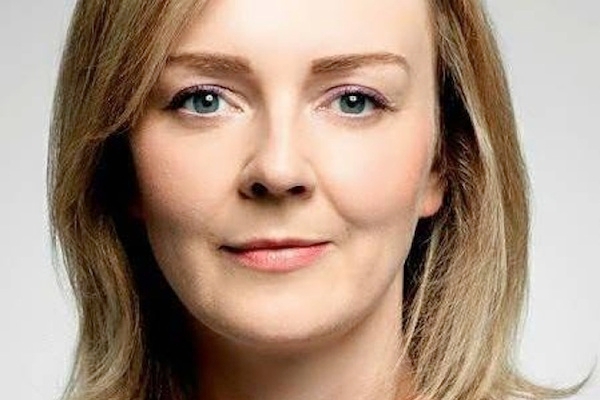A politician with no legal training and limited experience of the legal world becomes Justice Secretary and Lord Chancellor. The legal world is offended and fellow politicians speak out against this unwise appointment. Some resign in protest, or refuse to work under the new minister. ‘I fear this could be damaging to the justice system,’ warns one peer, as he walks away from his ministerial portfolio.
Three politicians who fit that description of no legal training or experience in the legal world have been appointed Justice Secretary and Lord Chancellor in the past four years. Chris Grayling was the first, taking on the job in 2012, followed by Michael Gove who took over in 2015. Gove was then sacked from the government and succeeded by Liz Truss. But only one of these legally inexperienced politicians has provoked furious protests in their first week of the job. While both men attracted their fair share of criticism while they did the job, only the first female Lord Chancellor has walked into a blaze of fury before even having a chance to rearrange the pens on her new desk.
Now, there is a valid question here about the amount of experience that a minister needs in any portfolio before taking it on. Grayling managed to offend the legal profession rather spectacularly with his comments to ConservativeHome that suggested only someone as inexperienced legally as he could reform the justice system:
ConHome: ‘Has it been a difficulty, for you as Lord Chancellor, that you’re not a lawyer, whereas every Lord Chancellor before you for 400 years has been a lawyer?’
Grayling: ‘I think it’s actually helpful rather than a hindrance. Because I think it enables you to take a dispassionate view. You’re not cup-tied in any way to your previous career or your chambers or your former firm.’
ConHome: ‘Oh!’
Grayling: ‘So you don’t arrive at a decision because you’re a barrister and therefore you favour the bar or because you’re a solicitor and therefore you favour the solicitors’ firms.’
ConHome: ‘Oh! I see.’
Grayling: ‘You have to take difficult decisions, but I think it enables you to take them in a dispassionate way. And the idea that someone who’s not a lawyer cannot believe in upholding the rule of law is just not right. I absolutely understand the need to uphold the rule of law. But there’s a difference between upholding the rule of law and saying the law is perfect and Parliament shouldn’t seek to change it.’
Truss has a similarly bullish attitude to vested interests and opponents of reform – anyone who doubts that should, if they have the free time, read through the transcripts of her stint on the bill committee for the Legal Aid, Sentencing and Punishment of Offenders Bill. But by reacting so quickly to her appointment, before she has even had a chance to show how bullish she plans to be, certain elements of the legal world are suggesting that the real problem may not be so much about attitudes towards non-lawyers, but about attitudes to women.







Comments